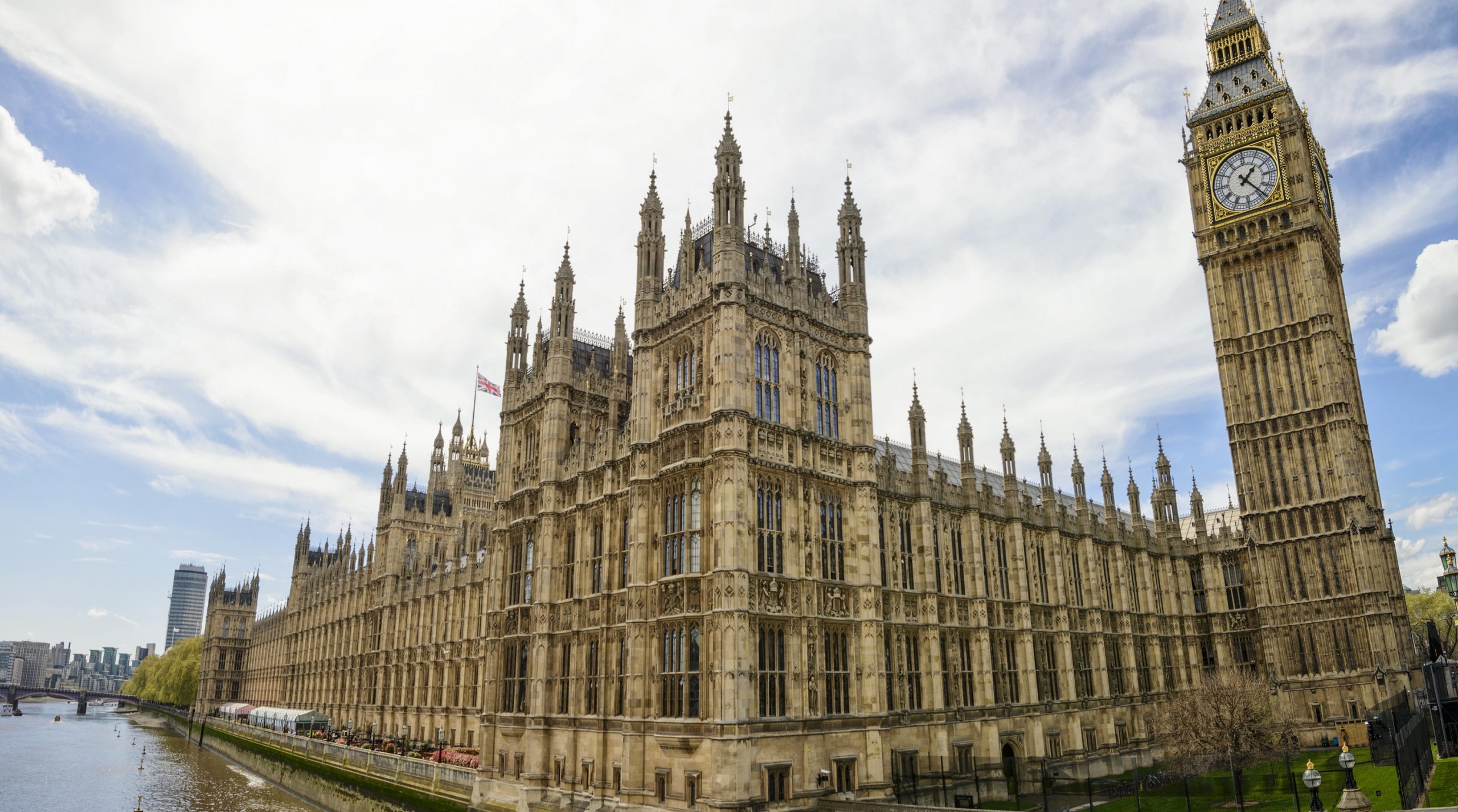Spring Budget Statement 2023

Yesterday’s Spring Budget included pension measures that went further than recent rumours suggested, with Jeremy Hunt announcing the abolition of the pensions Lifetime Allowance (the limit on total pension benefits above which there is an additional tax charge) alongside increases to the various forms of the Annual Allowance (the maximum that can be paid into a pension before additional tax charges apply).
The Labour party has been vocal in its opposition to the changes in pension legislation, making it clear that they want the changes reversed. All measures remain potentially subject to change until enacted into legislation.
The headlines are summarised below. Should you have any questions, do not hesitate to contact us.
Pensions
Lifetime Allowance (LTA)
From 6 April 2023 no-one will face an LTA charge irrespective of the level of their pension benefits, and from April 2024 the LTA will be removed from pension legislation. This essentially removes the cap on lifetime pension savings.
From 6 April 2023 there will be a cap on tax free cash (TFC) at 25% of pension savings subject to a maximum of £268,275 (25% of current LTA).
Whilst the various forms of LTA protection will be redundant with regards to the LTA charge, they may still be relevant for determining TFC. Subject to certain conditions, anyone with a TFC entitlement in excess of £268,275 because of their LTA protection will retain their rights to the higher amount.
The devil will be in the detail of the Spring Finance Act and the future Finance Act that will deal with the LTA abolition. Clarification will be needed for those with scheme specific tax free cash, along with details on those with enhanced or fixed protection, as to whether or not they can start contributing to pensions again given there is still technically a LTA for 2023/24.
In addition, there will be changes to the taxation of Serious Ill-Health Lump Sum (SIHLS), Defined Benefits Lump Sum Death Benefit (DBLSDB), and Uncrystallised Funds Lump Sum Death Benefit (UFLSDB), all of which are currently subject to a 55% tax charge above the LTA, to ensure that they are instead taxed at an individual’s marginal tax rate. We await further clarification.
Annual Allowance
The Annual Allowance is the limit on how much can be saved towards a pension each year without a tax charge applying. From 6 April 2023, the Annual Allowance will increase from the current £40,000 to £60,000.
Other Annual Allowances
From 6 April 2023, the minimum tapered Annual Allowance (the allowance which applies to higher earners) will increase from £4,000 to £10,000. This is accompanied by a rise in the adjusted net income threshold from £240,000 to £260,000. Individuals with income greater than the adjusted net income threshold are subject to a reduced Annual Allowance (the taper).
For every £2 of income over £260,000 in any one tax year (from 6 April), the Annual Allowance is reduced by £1. The maximum reduction will be £50,000, so anyone with an income of £360,000 or more will have a tapered Annual Allowance of £10,000.
From April 2023, the Money Purchase Annual Allowance increases from £4,000 to £10,000. The Money Purchase Annual Allowance is triggered when a defined contribution pension plan is accessed through pension plan ‘flexibility’.
Tax rates, bands and allowances
There were no further changes to tax rates, bands and allowances. These will be as announced in the Autumn Statement last November, a summary of which you can read here.
Investments
Individual Savings Accounts (ISA)
The annual subscription limit remains at £20,000 for 2023/24.
Seed Enterprise Investment Scheme (SEIS)
From April, the existing limits that apply to company access and use of the SEIS and the investment amounts on which individuals can claim tax reliefs are increasing.
The company investment limit will increase from £150,000 to £250,000, the limit at the date of share issue on a company’s ‘gross assets’ will increase from £200,000 to £350,000 and the age limit of a company’s ‘new qualifying trade’ from 2 to 3 years.
The annual limits that apply to the investment amount on which individuals can claim income tax and Capital Gains Tax re-investment reliefs will also increase from £100,000 to £200,000.
Taxation
Simplifying and modernising HMRC’s Income Tax services through the tax administration framework
A discussion document has been published which explores how HMRC can simplify and modernise HMRC’s Income Tax services as part of its Tax Administration Framework Review. It sets out HMRC’s intention to move to a digital by default approach for some of its operations, seeks views on improving Pay As You Earn (PAYE) processes, and launches a review of the Income Tax Self Assessment criteria.
This document may be of interest to taxpayers in PAYE and Self Assessment and HMRC welcomes views from anyone with an interest in how HMRC administers Income Tax through these regimes.
Simplifications for trusts and estates
Trustees and personal representatives of estates will no longer have to report small amounts of income tax to HMRC and the taxation of estate beneficiaries will be simplified, as shown below:
- Trusts and estates with income up to £500 do not pay tax on that income as it arises
- Removes the default basic rate and dividend ordinary rate of tax that applies to the first £1,000 slice of discretionary trust income
- Provides that beneficiaries of UK estates do not pay tax on income distributed to them that is within the £500 limit for the personal representatives
- Makes technical amendments to ensure for beneficiaries of estates that their tax credits and savings allowance continue to operate correctly
Other Budget measures
- 30 hours free childcare to be extended to children over the age of nine months, alongside boosts to subsidised childcare for parents on Universal Credit including upfront support
- A £27 billion tax cut for businesses through ‘full expensing’ policy and capital allowances reform intended to drive investment and growth
- Measures to ease the cost-of-living burden with extension of Energy Price Guarantee and duties on fuel and a pub pint both frozen
- Major set of reforms to support people into work, removing barriers that stop those on benefits, older workers and those with health conditions
Important Information
This document does not constitute advice. If you would like to discuss how the announcement yesterday may impact you, please contact our team on the number and email shown below.
<< Back to Insights
Contact us to see how we can help.
+44 (0) 20 7287 2225
hello@edisonwm.com
The value of investments and the income arising from them can go down as well as up and is not guaranteed, which means that you may not get back what you invested. Past performance is not necessarily a guide to the future. The information contained in this website does not constitute advice. The FCA does not regulate tax advice. The FCA does not regulate advice on Wills and Powers of Attorney. The Financial Ombudsman Service is available to sort out individual complaints that clients and financial services businesses aren’t able to resolve themselves. To contact the Financial Ombudsman Service please visit www.financial-ombudsman.org.uk.


